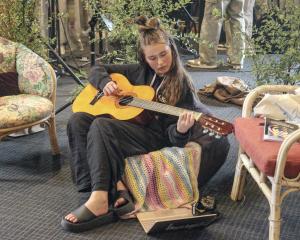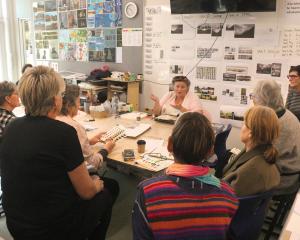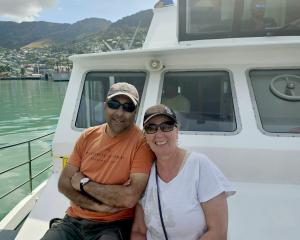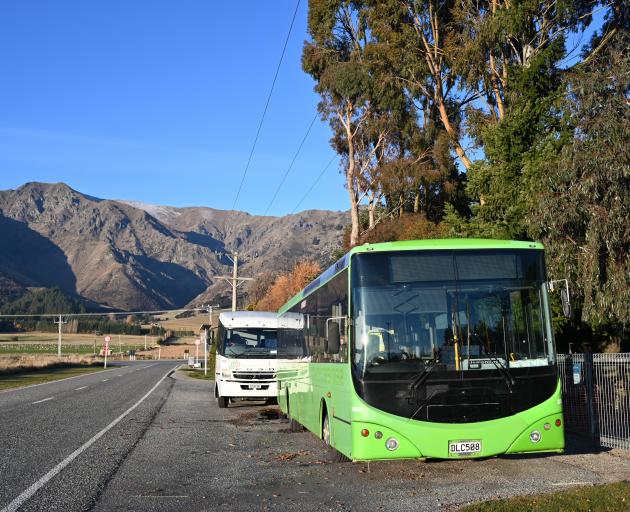
But its pleas appear to have fallen on deaf ears, with the growing rural school now saying the Ministry of Education (MoE) is prioritising money over the safety of children.
Hāwea Flat School principal Tania Pringle said the school drew a line in the sand and was not willing to let any of its pupils stand on buses, pushing back against the ministry’s standard of what they considered to be "at capacity".
"This is never acceptable, especially in a school like Hāwea Flat where the average age of children is approximately 8 years old.
"As a school we do not and never will allow children to stand on a moving bus. This in turn means the MoE did not consider our school buses to be at capacity."
Ms Pringle said although the ministry had continued to work with the school to address the ongoing issues with capacity, there had been no flexibility in any attempt to find a solution over the past two years.
"Any changes made to our bus provisions are a result of the school compromising due to concerns for the safety of our students."
One such compromise involved the school implementing a "run back" option, which resulted in up to 40-minute waits for some pupils trying to get to school or home, eating into their time for extracurricular activities and forcing teachers away from other work in order to watch over them, Ms Pringle said.
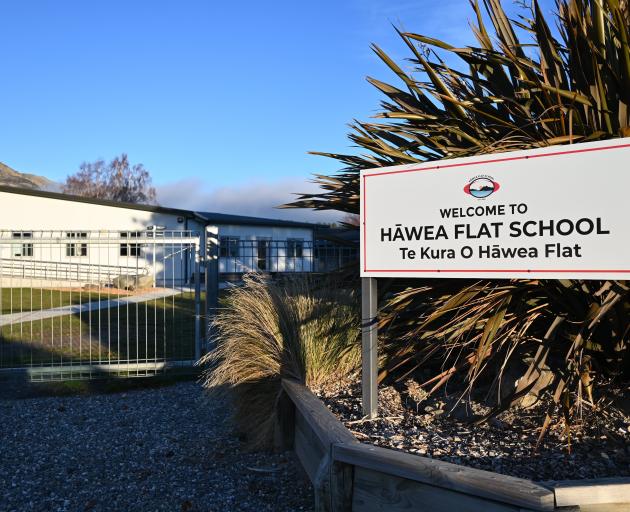
MoE data recorded 319 pupils in the school roll as of July 2023.
A petition of about 300 signatures was sent to Parliament in 2022, supported by former Waitaki National MP Jacqui Dean, Ms Pringle and two year 6 pupils spoke about their issues with school buses to the petitions select committee.
After receiving a report from its petitions committee that recommended the bus service be reconsidered and reviewed, the government decided on Wednesday there would not be a new bus service for the school.
"The current school bus provision for Hāwea Flat School is sufficient to meet the school’s current needs and ... run backs remain the most viable immediate option for managing future changes in demand," the government said in a response to the committee’s recommendations.
Ms Pringle said it was disappointing there was "no consideration from the ministry around the additional challenges that individual schools face".
"In Central Otago extreme temperatures do impact buses, the roads and the users. At many schools, including Hāwea Flat, buses also have to travel along gravel roads.
"When you combine children squashed three to a seat, a 30°C day and a very bumpy gravel road the ride home on a school bus can be very unpleasant."
She said the school would continue to prioritise the health and safety of its students, and looked forward to working with the ministry to address concerns raised about their bus policies.
marjorie.cook@odt.co.nz and regan.harris@odt.co.nz



